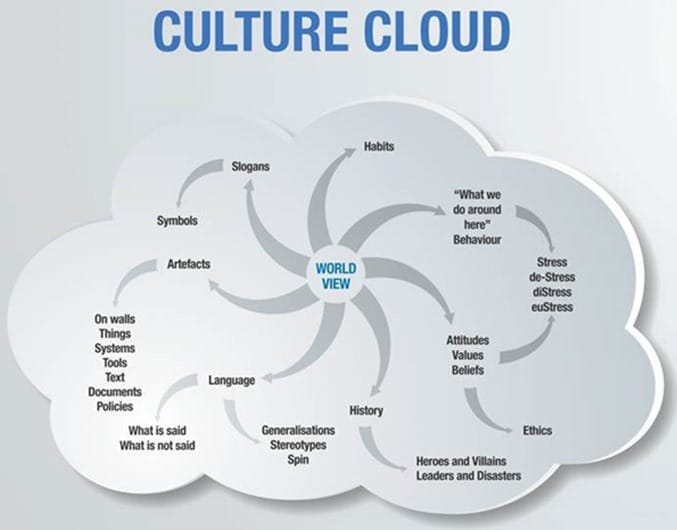Originally posted on August 30, 2018 @ 5:38 PM
Regulation Madness

Culture is best understood semiotically or as Lotman called it ‘the semiosphere’ (Universe of the Mind, A Semiotic Theory of Culture). The idea that culture is about behaviours, systems, leadership or ‘behaviour when no one is looking’ is simplistic nonsense. Culture is much better defined as the ‘collective unconscious’, now try and regulate that!
It was Jung (The Archetypes and the Collective Unconscious) who famously studied indigenous cultures across the world that had never made contact with each other and discovered that despite being separated by thousands of kilometres they shared many things in common eg. dance, song, stories, art, language, religion, mandala and rites How could this be? How can one explain the commonalities between Eskimos and Indigenous Australians over thousands of years and thousands of kilometres apart? Jung proposed an answer in the notion of Archetypes and the Collective Unconscious.
Understanding culture transcends any sense of reductionist mechanical thinking common to the regulation mindset. Defining culture simplistically as ‘how people behave when no one is looking’ is simply mechanistic, behaviourist clap trap. Culture permeates everything. Culture evolves like an ecosystem and changes with the turbulence of the wind. This is why I propose the semiotic model of a ‘culture cloud’ to try and explain the complexity of culture (https://safetyrisk.net/safety-and-risk-culture-cloud/ ).
Culture cannot be regulated. Indeed, regulation and its by-products, have now created an endemic culture of ‘tick and flick’, ‘nanny state’ and bureaucratic overload. Now we have a whole new set of cultural problems because of simplistic mechanistic definitions of culture. For example, in risk and safety, over-regulation has generated a major workplace cultural problem, ‘regulation hate’. The evolution of ‘regulation hate’, ‘regulation fixation’ and excessive regulation now fosters skepticism, cynicism and pessimism about regulation so that it is ignored, by-passed and become the butt of jokes.
Any talk of trying to ‘regulate culture’ is not only madness but demonstrates that those in regulation don’t understand culture and have no idea what to do about the problems they have created.




Do you have any thoughts? Please share them below